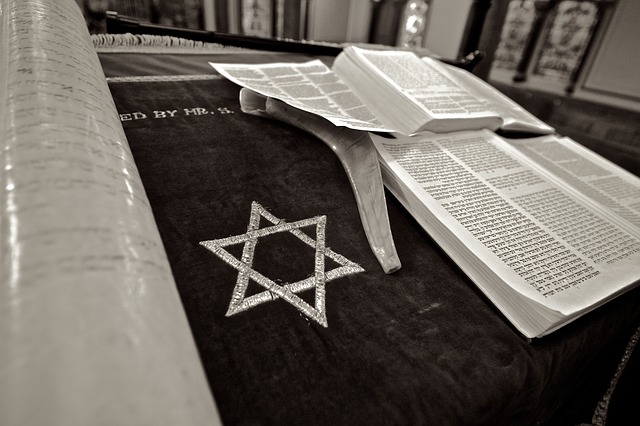
Among the ancient musical cultures, the music of the Jews was most important to European civilization. Along with the music of ancient Greece and Rome, it was the foundation of the Christian musical arts of Europe. Our culture developed and continues to develop on this foundation.
Few artistic monuments of the Jewish people have survived to the present day. Yet the Jews were the creators of one of the most extensive literary monuments in history, and this treasure is the writings contained in the Bible. In later generations, they wrote an even lesser-known Talmud (Jewish doctrine). Both works also bear witness to the rich musical culture of their creators.
For this people, music was not an art form as we understand it today. There was no concert stage. Music, however, was closely tied to worship. Its nature was hymnic, sometimes even dirge-like. For this purpose, the human voice was used primarily in worship.
However, instrumental music also existed in Israel. In particular, it was folk music and dance music. Instruments were adopted from other ancient cultures, mainly from Syria. These included thekinor(similar to the Greek kithara), the percussion instrumentthe tov, the wind instrumentthe shofar(ram\’s horn),and the chasosra(straight metal trumpet).19]
The most valuable of Jewish music was the biblical The most valuable Jewish music was the musicalization of the Psalms, the poetic parts of the Bible. The psalms were recited on a single note, and there was a simple melodic movement at the end of the psalm. Therefore, the Psalms were recited in two ways. One was sung alternately by the two choirs, and the other was sung by the soloist alternating with the choir. Sometimes a prelude was placed at the beginning of the psalm, which was then repeated at the end
.
Jewish music was based on a five-note fretless scale.
Because Jews were often influenced by their surroundings, later synagogue chants are not pure expressions of their own culture. Indeed, it was enriched by the incorporation of many elements of Babylonian, Hellenistic, and other peoples\’ music, especially Syriac.